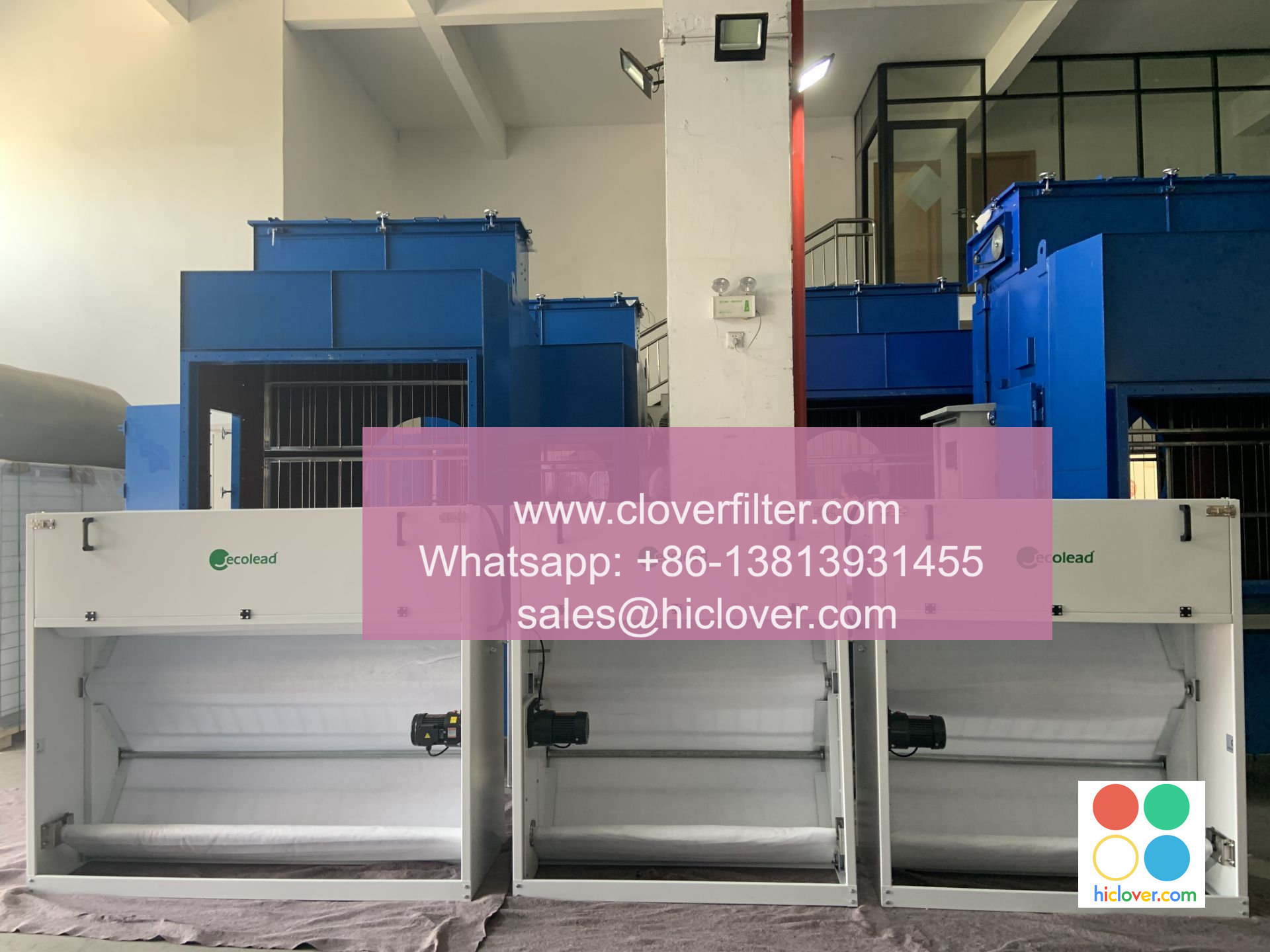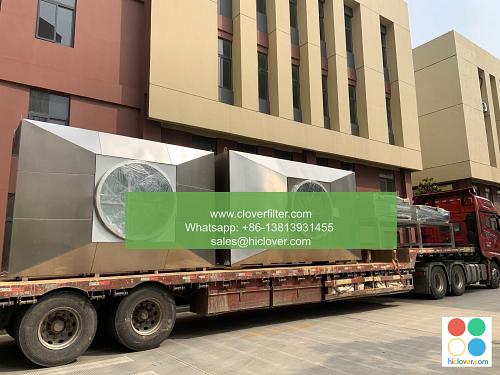Breathe Deep, Live Long: The Connection Between Air Filters and Longevity

As we navigate the complexities of modern life, it’s easy to overlook one of the most essential aspects of our well-being: the air we breathe. Air pollution and indoor air quality have become major concerns, with far-reaching consequences for our health and longevity. However, by incorporating high-efficiency air filters into our daily lives, we can significantly mitigate these risks and breathe easy our way to a longer, healthier life.
##
The Impact of Air Pollution on Health
Air pollution is a silent killer, responsible for an estimated 7 million premature deaths worldwide each year. The World Health Organization (WHO) has identified particulate matter (PM), nitrogen dioxide (NO2), and ozone (O3) as the most harmful pollutants, which can cause a range of health problems, including respiratory diseases, cardiovascular diseases, and even cancer. Furthermore, exposure to poor indoor air quality can exacerbate these issues, making it essential to invest in air purification systems that can effectively remove pollutants and allergens from the air.
##
The Role of Air Filters in Improving Indoor Air Quality
Air filters play a crucial role in maintaining good indoor air quality by removing particulates, gases, and microorganisms from the air. HEPA filters, in particular, are highly effective in capturing 99.97% of particles as small as 0.3 microns, including pollen, dust, and bacteria. By installing air filters in our homes, offices, and healthcare facilities, we can significantly reduce the risk of airborne diseases and create a healthier indoor environment.
##
Application Areas for Air Filters
The benefits of air filters extend far beyond the home, with numerous application areas in various industries, including:
* Healthcare: Hospital air filtration systems can help prevent the spread of infectious diseases and improve patient outcomes.
* Commercial buildings: Office air purifiers can enhance productivity and reduce sick leave by removing pollutants and allergens from the air.
* Industrial settings: Industrial air filtration systems can protect workers from hazardous chemicals and particulates, reducing the risk of occupational diseases.
* Transportation: Car air purifiers and air filters for public transportation can improve indoor air quality on the go, reducing exposure to pollutants and allergens.
##
Conclusion
In conclusion, the connection between air filters and longevity is clear: by investing in high-efficiency air filters and air purification systems, we can significantly reduce our exposure to air pollutants and allergens, leading to a longer, healthier life. Whether in our homes, offices, or public spaces, air filters play a vital role in maintaining good indoor air quality and promoting wellness. So, breathe deep and take the first step towards a healthier tomorrow by incorporating air filters into your daily life. It seems like you didn’t include a question or topic in your prompt. Could you please provide more context or clarify what you would like to discuss? I’m here to help with any questions or topics you’d like to explore.

